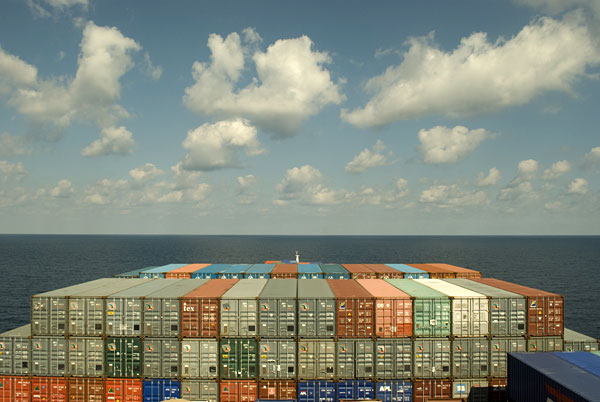Rather depressing study finds that what goes up, must come down.
During the booms leading up to crises, it gets easier and easier for people to borrow money — to take on more leverage, in financial speak. Then the crisis hits, it gets harder to borrow, and everybody starts trying to pay back their debts. This is called de-leveraging, and it's what we're living through now.
The period of de-leveraging typically lasts as long as the credit boom that preceded it. The Reinharts suggest that the recent credit boom lasted for about a decade, and ended in 2007
Well, the goods news is that there will be an end. The bad news is that seven years seems like a really long time. Nobody wants to be poor, knowing you are going to be poor for awhile is a downer.
One thing about the Great Depression is that it was not until 1931, when it was painfully obvious that something was going on, that Hoover called it "a great depression. The crash was in 1929, so they were 3 years in before reality sunk in. And they thought it was just another economic downturn. It was not called The Great Depression until years later, 1934, when Lionel Robbins published a book called "The Great Depression".
So it took 5 years from the start to the middle for people to understand the severity of the situation.
Here are some things you didn't know about the Great Depression.
1. Churchill was wiped out by the Great Depression.
In 1924 he returned England to the gold standard, in what he would later call the greatest mistake of his life. This austerity measure was largely deflationary, since it was a dear money policy, and although popular worsened economic conditions.
2. Kennedy made a fortune.
Prior to the crash, Joseph Kennedy moved his fortune into real estate, Hollywood studios and liquor importing, although he may not call it bootlegging. Most of it came from real estate.
The lesson is that fortunes can be made or lost, even now.




